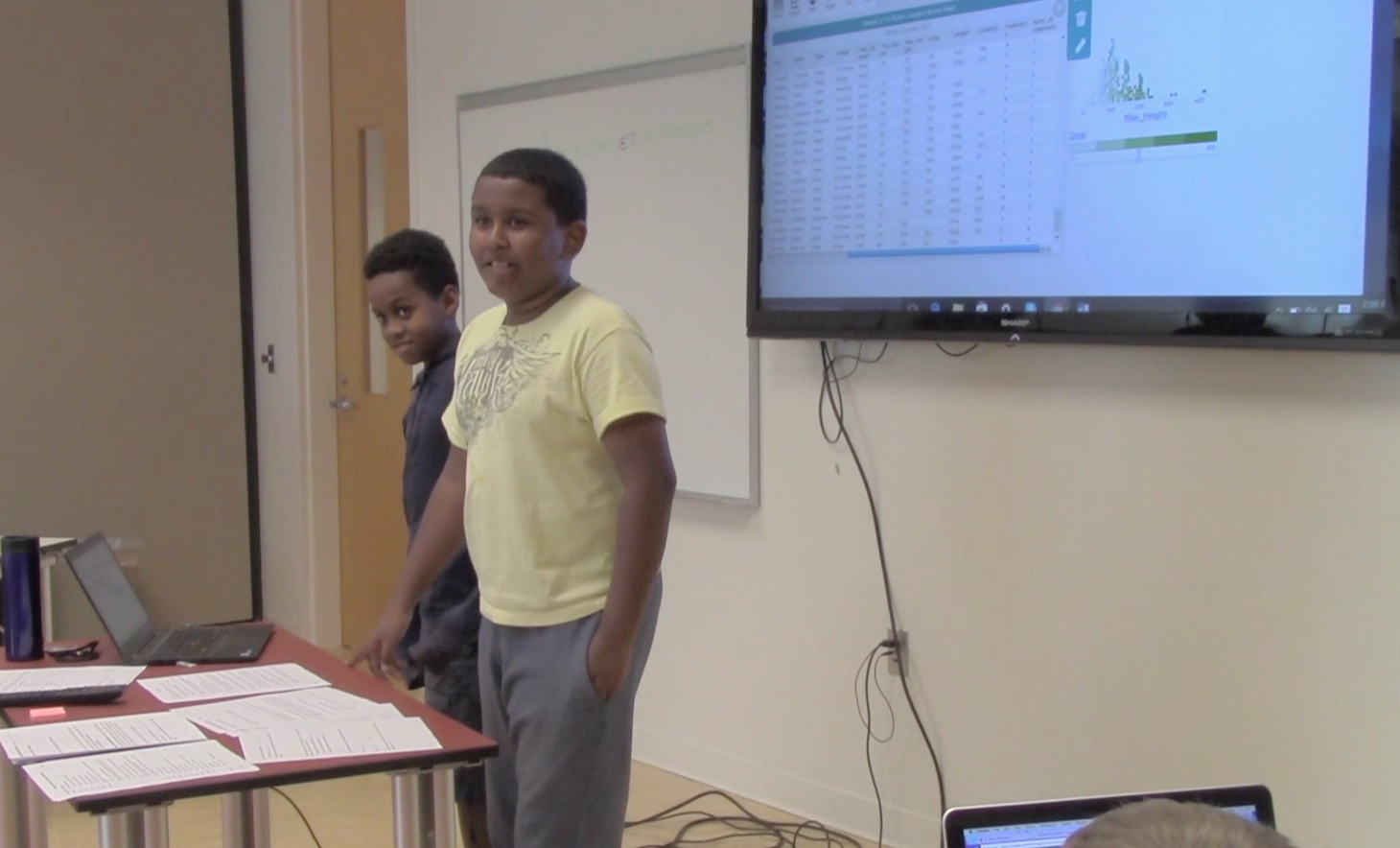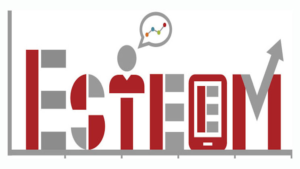
Enhancing Data Science and Statistics Teacher Education

We aim to transform undergraduate teacher preparation so that future teachers are prepared to effectively teach modern data science and statistics.
Purpose
ESTEEM II (2022-2027) is a collaborative project among researchers at NC State (Hollylynne Lee, Gemma Mojica), Eastern Michigan University (Stephanie Casey), University of Southern Indiana (Rick Hudson) and Concord Consortium (Bill Finzer). The team brings together expertise in curriculum and software development, research, and teacher education. ESTEEM II began in late 2022 and builds on the success of ESTEEM I (2016-2022) which facilitated integration of statistics content and pedagogy into undergraduate mathematics teacher preparation by providing faculty with technological and curricular resources, networking experiences, and ongoing support.
Through ESTEEM II, we will address three primary goals:
- Investigate the current systems in undergraduate teacher preparation for teaching data science and statistics
- Build and sustain a data science and statistics teacher education networked improvement community
- Develop, curate and disseminate high quality data science and statistics teacher education curriculum materials
Broader Impact
Having data-literate citizens and students prepared to pursue data-intensive careers and STEM pathways is a critical societal concern. ESTEEM II‘s efforts will result in better prepared educators who will teach data-rich activities and courses in K-12 schools and ignite students’ passion, curiosity and skills for solving societal issues with data. CODAP, a free web-based data tool, will be utilized in ESTEEM’s efforts. This supports wide-scale adoption and an easy-to-use technology for learning and doing DS&S in teacher education programs, university courses, and K-12 classrooms.
Access Materials from ESTEEM I
ESTEEM I developed over 40 hours of instructional materials that can be used in teacher preparation courses for mathematics teachers using multiple teaching modalities. Over 450 faculty have accessed the materials, and most have used them in at least one course in their institution or during professional development for teachers. We are updating these materials as part of ESTEEM II to include a stronger focus on data science and equitable practices. Stay tuned for a release of these updated materials in 2024!
The original ESTEEM I materials are still available for free and can be downloaded for direct import into a Learning Management System There are 2 ways to access the materials:
- Register for free at The PLACE at the Friday Institute where you can view and download all ESTEEM I materials.
- Preview the ESTEEM I materials in Canvas Commons, and download or copy into a Canvas course with registration.
In addition to the full curriculum materials, many of the individual videos created during ESTEEM I can be accessed on the ESTEEM YouTube Channel.
CODAP
To learn more about CODAP, the free online data tool used in ESTEEM materials, visit the CODAP website. CODAP is a product of the Concord Consortium. ESTEEM team members have co-designed some features of CODAP with the Concord Consortium team.
We have also created several CODAP-based activities, including:
- Investigating Characteristics of Roller Coasters
- Are Granola Bars Healthy?
- Investigating Characteristics of Vehicles
- Sampling with a Carnival Duck Pond Game
Networked Improvement Community and Online Hub
Transforming undergraduate teacher education in statistics and data science education takes a village. We are using a networked improvement community [NIC] approach to bring together stakeholders and partners who each bring different perspectives, experiences, contexts, and resources that can be harnessed in this collective effort. Meet some of the members of our NIC through their introductions.
Some of our key organizational partners are:
- Association of Mathematics Teacher Educators
- National Council of Teachers of Mathematics
- American Statistical Association
- NC State Data Science Academy
- Data Science 4 Everyone
- Concord Consortium
- Mathematics Teacher Education Partnership
As our NIC evolves, we will be engaged in faculty professional learning as well as curating, creating and sharing educational resources. We are designing an online space to support this work that can be paired with virtual and in-person convenings.
Key Publications
- Lee, H. S. Hudson, R., Casey, S., Mojica, G., & Harrison, T. (2021). Online curriculum modules for preparing teachers to teach statistics: Design, implementation, and results. In K. F. Hollebrands, R. Anderson, & K. Oliver (Eds.), Online Learning in Mathematics Education (pp. 65-93), Springer. https://link.springer.com/chapter/10.1007/978-3-030-80230-1_4
- Casey, S. A., Harrison, T., & Hudson, R. (2021). Characteristics of statistical investigations tasks created by preservice teachers. Investigations in Mathematics Learning, 13(4), 303-322. https://doi.org/10.1080/19477503.2021.1990659
- Casey, S., Hudson, R., Harrison, T., Barker, H., & Draper, J. (2020). Preservice teachers’ design of technology-enhanced statistical tasks. Contemporary Issues in Technology and Teacher Education, 20(2), 269-292. https://citejournal.org/volume-20/issue-2-20/mathematics/preservice-teachers-design-of-technology-enhanced-statistical-tasks/
- Hudson, R., Lee, H. S., Casey, S., Finzer, B., Mojica, G. M., Azmy, C., & Eide, A. (2018). Designing e-modules to support preservice mathematics teachers’ statistical thinking. In M. A. Sorto, A. White, & L. Guyot (Eds.), Looking back, looking forward. Proceedings of the Tenth International Conference on Teaching Statistics (ICOTS10, July, 2018), Kyoto, Japan. Voorburg, The Netherlands: International Statistical Institute. Online: https://iase-web.org/icots/10/proceedings/pdfs/ICOTS10_9A2.pdf
Funders
